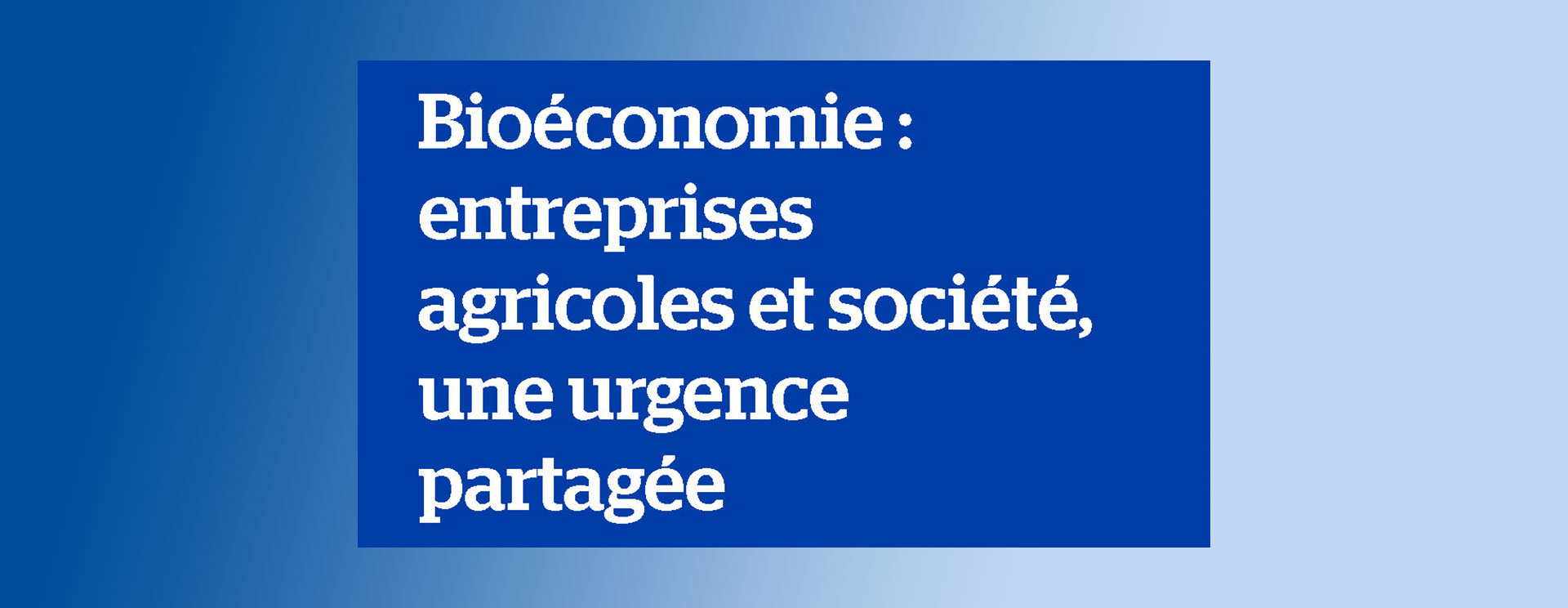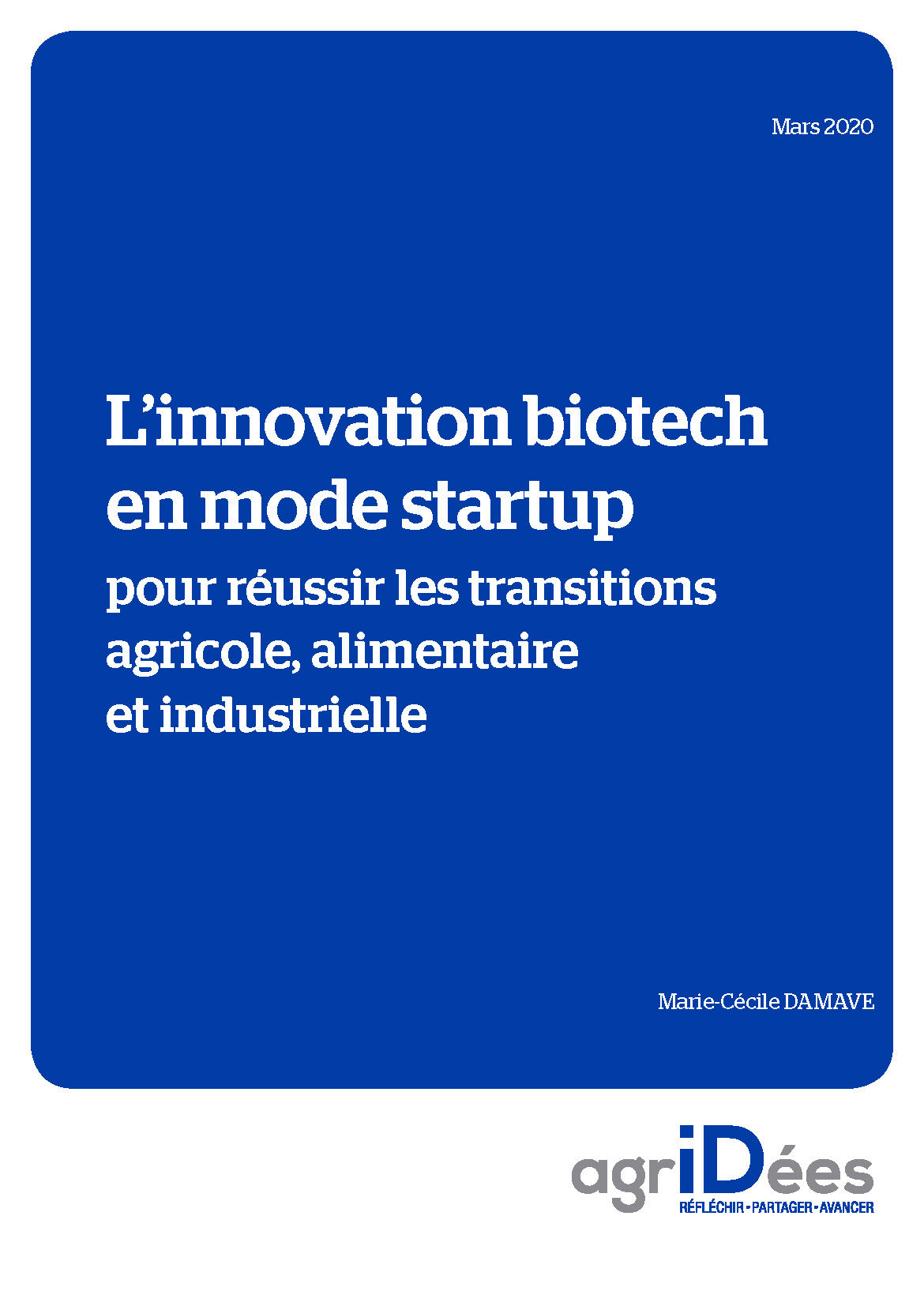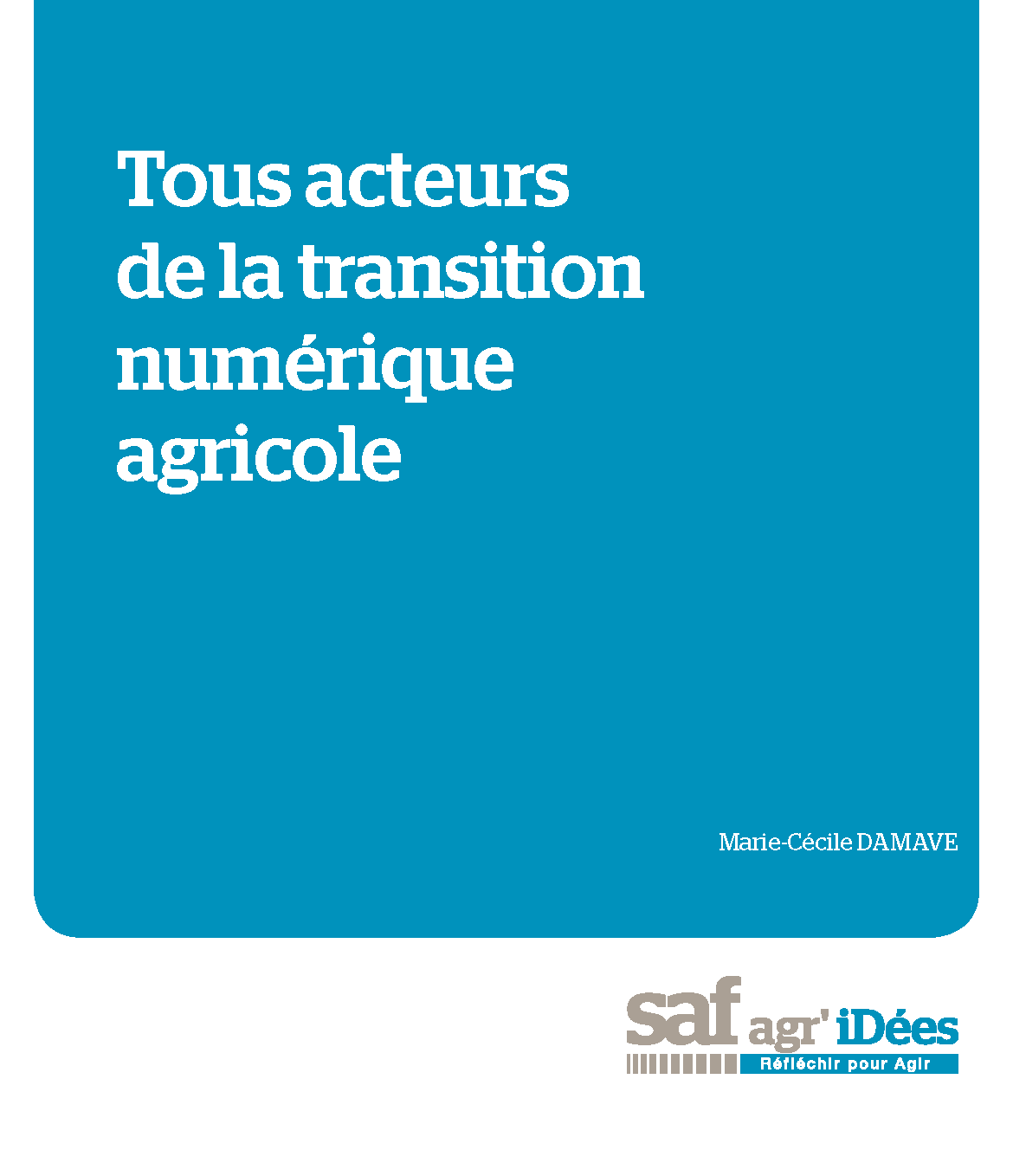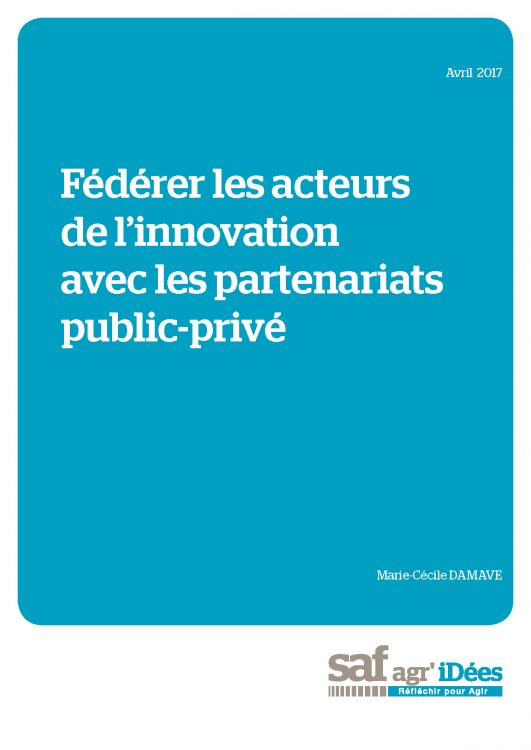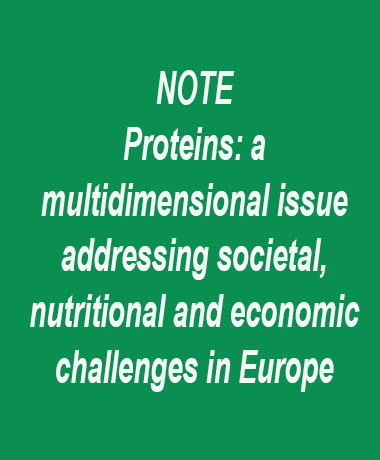Notes
Temps de lecture : 5 min
27/04/2021
Food and digital traceability : building value and trust

English Version for Summary and Recommendations only.
Résumé
Traceability in agricultural and agri-food value chains is not new and many specifications already exist. Traditionally, these have mainly focused on product quality and origin. Currently, in response to demands of consumer-citizens and major global challenges, traceability initiatives are focusing on three main criteria: climate change, environmental sustainability and animal health and welfare. Digital technology is adapted in response to these complex criteria. It can pin-point far more accurately all types of exact, unfalsifiable data, and aggregate and process them with great computing power. Digital technology is transforming not only the tools but also the ecosystems of operators involved in ensuring more precise and secure traceability across the value chain. Major information technology and telecommunication companies, firms specialising in traceability, the agri-food industry, supermarket chains, as well as companies specialising in on-farm data capture and processing are all helping to organise more modern traceability methods. These emerging systems of digital traceability have two main objectives: securing the veracity of claims presented to consumers on the basis of the data recorded on farms and rewarding farmers, in turn, with increased market value. Consumers can buy products meeting their expectations with greater confidence. Clearly readable methods of production are essential. For farmers, production is more profitable and has increased societal value. Such secure and accurate digital traceability can only be successful if raw data collected on farms and later aggregated are of high quality. In addition, tools must be interoperable so that information can be transmitted easily between links within the traceability network. The cornerstone of these new digital traceability systems is therefore the sound management of agricultural data. Securing their being shared and protecting their confidentiality is essential in creating value with confidence between consumers and producers. Many private and public initiatives are already well established in France. They must be extended on a European level. Solid, data-driven agriculture which meets societal demands and is respectful of both environmental and climate requirements must be developed within the framework of profitable business models and the data ethics of farmers
and ranchers.
Nos propositions
RECOMMENDATIONS:
1. Encouraging farmers’ and ranchers’ “win-win” adoption of precision farming: each party must agree to share data (data captured by the most intrusive tools can be kept only for a limited time) in return for the creation of economic and societal value;
2. Offering clear and simple information to consumers on animal health and welfare, environmental value and carbon value. Specifications must be based on reliable and unfalsifiable raw agricultural data furnished by precision farming;
3. Empowering public authorities and private stakeholders to take part in a Europe of farm data. Harmonising European labels on the complex criteria mentioned above. Data standardisation is essential to secure systems interoperability.



